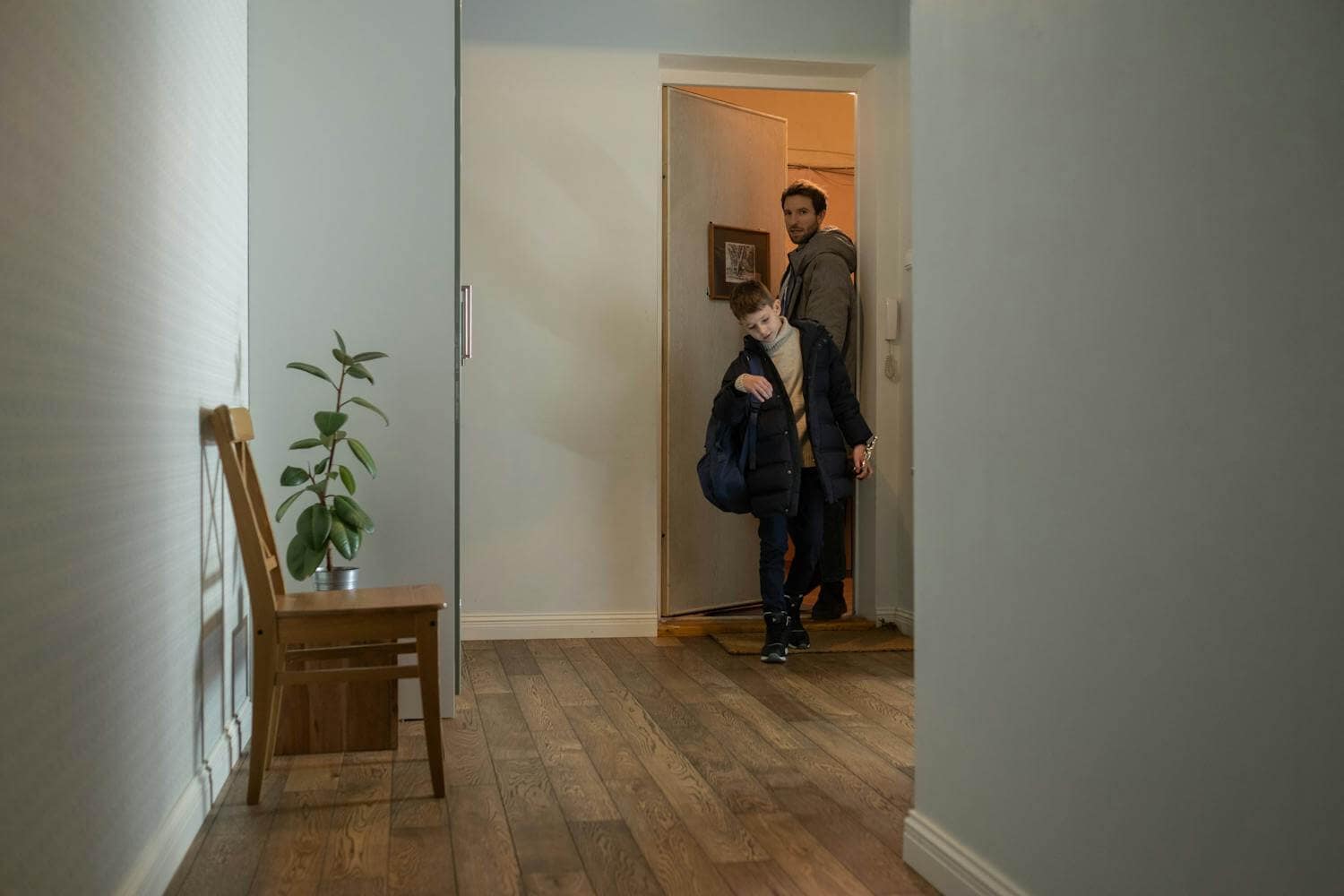Navigating the complexities of separation can be challenging, especially when it comes to understanding the rights and limitations regarding the marital home.
A common question that arises is, “Can a separated spouse enter the home?” The short answer is that it depends on various factors, including legal orders and the property’s ownership status.
Let’s delve into the nuances of this issue, drawing insights from leading discussions in the field.
Understanding Legal Rights and the Marital Home
During separation, both parties retain the legal right to live in the family home, regardless of whose name is on the title.
This principle stands unless a court order states otherwise. The concept of the ‘matrimonial home’ in Australian law recognises the shared rights of both spouses, highlighting the importance of a fair approach to separation.
Key Takeaway 🔑: Both spouses have the right to occupy the marital home post-separation, barring any specific legal restrictions.
Navigating Occupation Orders
In certain cases, one party may seek an occupation order from the court. This legal directive can restrict or grant access to the home to one of the spouses based on factors like safety, financial stability, and the welfare of any children involved. Occupation orders are a critical tool for ensuring protection and fairness during the separation process.
Key Takeaway 🔑: Occupation orders can alter access rights to the marital home, prioritising safety and fairness.
The Impact of Property Ownership
Property ownership can influence the dynamics of accessing the marital home after separation. If the property is jointly owned, both parties have equal rights to the home.
However, if one spouse solely owns the property, the situation becomes more complex. The non-owner may still have rights to the home, especially if they have contributed financially or in other significant ways.
Key Takeaway 🔑: Joint ownership often equals shared access, but sole ownership doesn’t automatically exclude the other spouse from rights to the home.
One common query is whether changing the locks is permissible to prevent a separated spouse from entering the home. Legally, without a court order, changing the locks could be seen as unlawful eviction.
It’s crucial to seek legal advice before taking any action that could affect the other party’s rights.
Key Takeaway 🔑: Changing locks without legal backing may lead to complications and is generally advised against without a court order.
Also read: Who is Liable for the Mortgage During a Separation?
Protecting Your Rights and Wellbeing During Separation
In the midst of separation, safeguarding your safety and legal rights is paramount. Here’s a streamlined approach:
Evaluate Your Safety. Assess any immediate risks to your wellbeing. If you feel threatened, contacting the police and taking protective measures is crucial.
Seek Legal Counsel. Consulting with a property settlement lawyer is essential to navigate your rights and options effectively.
Apply for a Protection Order if Necessary. A protection order can legally restrict your spouse’s ability to contact you or enter your home, providing an added layer of safety.
Document Incidents. Keep detailed records of any threatening or harmful behavior. This documentation is crucial for any legal proceedings.
Implement Safety Measures. Enhance your personal security measures, such as changing passwords and securing important documents. Consider relocating to a safe place which can include the residence of family members or friends if necessary.
Utilise Support Services. Reach out to organisations that offer counseling, legal and financial advice, and emergency assistance if required. These resources can offer both emotional and practical support.
Seek Professional Legal Advice
Whether a separated spouse can enter the home in Australia depends on a variety of factors, including legal orders and property ownership.
Understanding your rights and obligations is crucial in navigating this challenging time. Seeking professional legal advice can provide clarity and support, ensuring that your actions are informed and within the bounds of the law.
Director of Melbourne Family Lawyers, Hayder manages the practice and oversees the running of all of the files in the practice. Hayder has an astute eye for case strategy and running particularly complex matters in the family law system.





